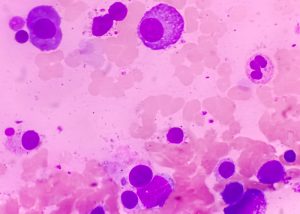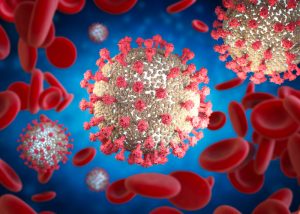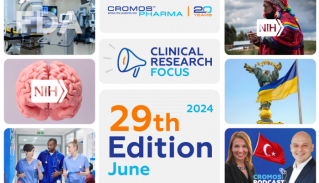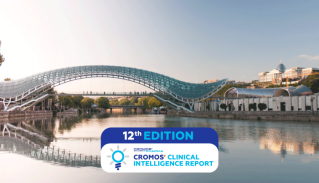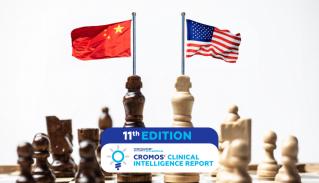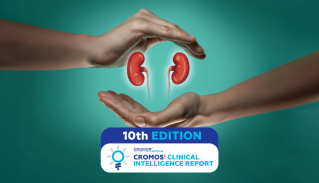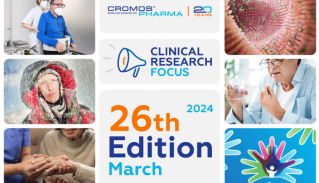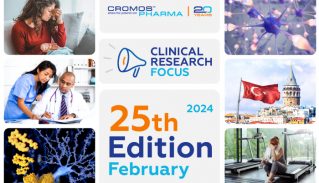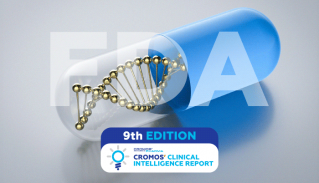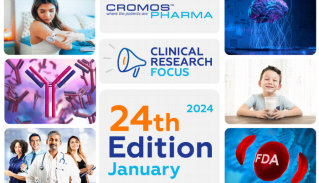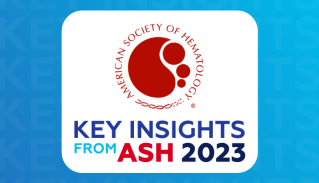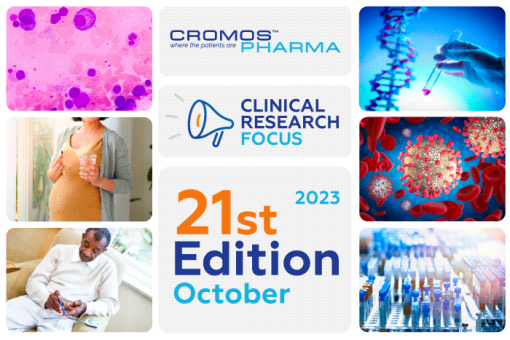
Clinical Research Focus. 21st Edition
Should All US Biosimilars Have an “Interchangeable” Designation? Debating the Role of Interchangeability in Biosimilar Development
The world of biotechnology and pharmaceuticals has seen remarkable advancements in recent years, particularly in the development of biosimilars. Biosimilars, biologic drugs that are highly similar to already approved reference biologics, have become a pivotal part of modern medicine, offering cost-effective alternatives to expensive originator drugs. However, one question continues to spark debate within the US biotech community: should all biosimilars have an “interchangeable” designation?
Please follow the link to learn more.
 FDA Has Issued Its Inaugural Marketing Authorization for a DNA Test Designed to Assess Predisposition to Numerous Types of Cancer
FDA Has Issued Its Inaugural Marketing Authorization for a DNA Test Designed to Assess Predisposition to Numerous Types of Cancer
The authorization was granted for the Invitae Common Hereditary Cancers Panel, an in vitro diagnostic test capable of detecting a multitude of genetic variants linked to an increased risk of developing specific cancers. Additionally, this test can identify potentially cancer-related hereditary variants in individuals already diagnosed with cancer. This groundbreaking test, the first of its kind to receive FDA marketing approval, analyzes DNA extracted from a blood sample to detect variants in 47 genes associated with a heightened risk of specific cancer types.
Please follow the link to learn more.
 Almost 4 in 10 with Type 1 Diabetes Were Diagnosed in Adulthood
Almost 4 in 10 with Type 1 Diabetes Were Diagnosed in Adulthood
A recent study revealed that almost 40% of adults diagnosed with type 1 diabetes were diagnosed after the age of 30. The age of diagnosis was notably higher among male and non-White patients.
The study involved an analysis of data gathered from the National Health Interview Survey conducted between 2016 and 2022. Its aim was to provide insights into the age distribution of type 1 diabetes diagnoses in the United States, considering various demographic and clinical factors.
Please follow the link to learn more.
 NK Cell Response Mediated by CD38/48 Regulation with Daratumumab in Multiple Myeloma
NK Cell Response Mediated by CD38/48 Regulation with Daratumumab in Multiple Myeloma
In the quest to overcome resistance to daratumumab (Darzalex) and enhance outcomes in multiple myeloma patients, researchers discovered that tazemetostat (Tazverik) holds promise in mimicking the regulatory function of the KDM6A gene on CD38 and CD48 genes. The study demonstrated that KDM6A upregulates CD38 in target cells and modulates natural killer (NK) cell activity by regulating CD48, aiding in daratumumab targeting and cytotoxicity. Tazemetostat, an FDA-approved EZH2 inhibitor, increased the expression of CD38 and CD48 at both mRNA and surface levels in KDM6A knockout cells. Additionally, tazemetostat restored sensitivity to daratumumab-mediated NK cell cytotoxicity in KDM6A knockout cells.
Please follow the link to learn more.
 FDA has Proposed a Rule to Enhance the Safety and Effectiveness of Laboratory Developed Tests
FDA has Proposed a Rule to Enhance the Safety and Effectiveness of Laboratory Developed Tests
Laboratory developed tests (LDTs) are invitro diagnostic products used for clinical purposes within a single laboratory. These tests are integral in diagnosing, monitoring, and treating diseases by analyzing substances in human specimens. The proposed rule aims to address concerns related to LDTs, ensuring their reliability in healthcare decisions.
Please follow the link to learn more.
 EMA Proposes New Measures to Minimize Topiramate Exposure During Pregnancy
EMA Proposes New Measures to Minimize Topiramate Exposure During Pregnancy
The Pharmacovigilance Risk Assessment Committee of EMA has recommended implementing fresh measures to prevent fetal exposure to medications containing topiramate due to its potential to increase the risk of neurodevelopmental issues when used during pregnancy. These recommendations are the outcome of the PRAC’s thorough examination of available data, which includes the findings of three recent observational studies. Notably, two of these studies, utilizing largely identical datasets, indicate that children born to mothers with epilepsy who were exposed to topiramate in utero may face a two- to three-fold higher risk of neurodevelopmental disorders, particularly autism spectrum disorders, intellectual disability, or attention deficit hyperactivity disorder (ADHD), compared to children born to mothers with epilepsy who did not use this antiepileptic medication.
Please follow the link to learn more.
 NIH-Funded Research Unveils Connection Between COVID-19 Infection and Elevated Risk of Cardiovascular Disease and Stroke
NIH-Funded Research Unveils Connection Between COVID-19 Infection and Elevated Risk of Cardiovascular Disease and Stroke
A study backed by the National Institutes of Health has revealed that SARS-CoV-2, the virus responsible for COVID-19, can directly invade the heart’s arteries and trigger significant inflammation in arterial fatty plaques. This inflammatory response heightens the risk of heart attacks and strokes. These findings, published in the journal Nature Cardiovascular Research, may provide insights into why some COVID-19 patients are more susceptible to developing cardiovascular diseases or experiencing exacerbated heart-related complications, particularly those with preexisting conditions.
The research primarily focused on elderly individuals with atherosclerotic plaque buildup who succumbed to COVID-19. However, given the virus’ ability to infect and replicate in arteries regardless of plaque levels, these findings could have broader implications for individuals contracting COVID-19.
Please follow the link to learn more.



